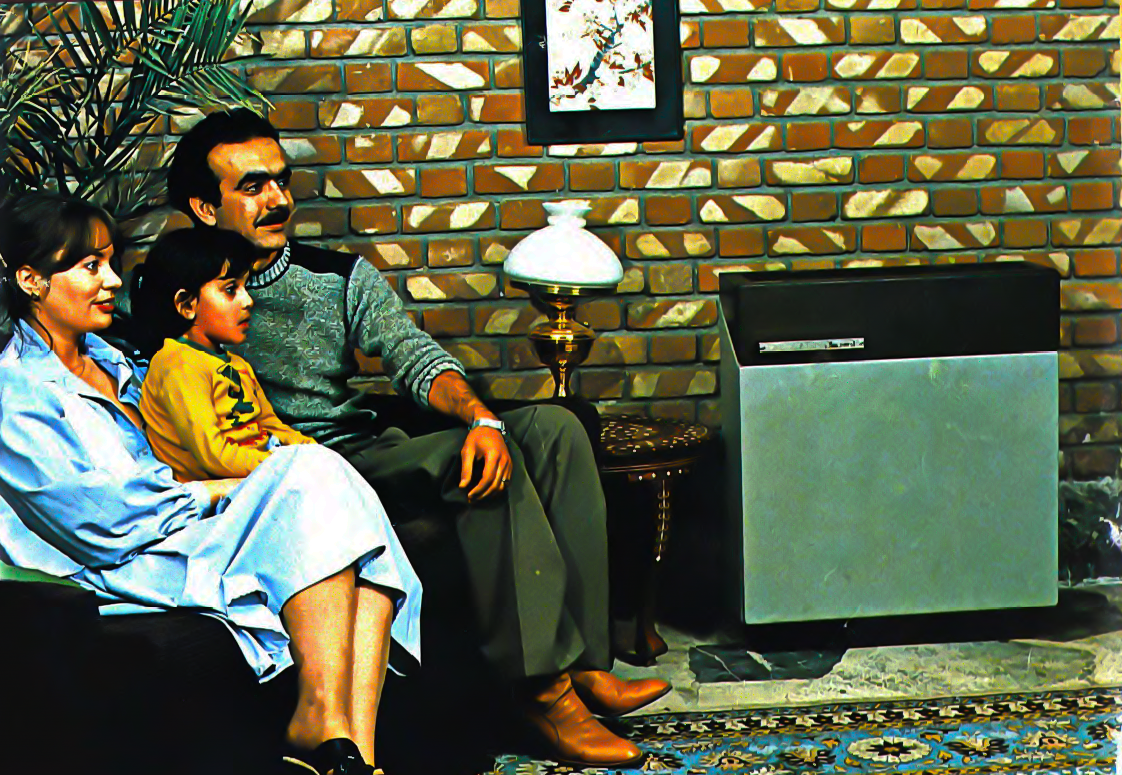From: TIME
Americans Are Obsessed With Tidying Up. But There’s a Downside to Being Organized
In her bestselling book and Netflix series, Marie Kondo makes the case that decluttering can “dramatically transform” your life. “Detoxing” your spaces of unused and unwanted stuff can make you happier, more confident and maybe even slimmer, Kondo writes in The Life-Changing Magic of Tidying Up.
Judging by the popularity of her message and method, Kondo’s philosophy is scratching an itch for a lot of people. And there’s more evidence, much of it predating the “KonMari” phenomenon, that America has caught organization fever.
There’s the “Inbox Zero” movement, a popular approach to email management that emphasizes clearing your inbox at the end of every work day. Proponents say doing this can improve your productivity and time management, and maybe also lower your stress. Beyond self-improvement philosophies, there’s the popularity of “organization porn” on Pinterest and Instagram—images of household items, often food-related, arranged in neat and symmetrical grids. Spend any time exploring the world of graphic design, and you’ll see similar trends emphasizing “clean,” “simple,” and “minimalist” approaches.
In many ways, a lack of organization or neatness has come to seem inherently bad—like a kind of personal or existential defect that will mentally drag you down. But the evidence backing the benefits of decluttering is mixed.
One 2013 study found that orderly spaces promote healthy choices but also “conventional” thinking, while working in a messy or disorganized space promotes creativity and new ideas. (Einstein, famously, had a disheveled desk and has been quoted as saying, “If a cluttered desk is a sign of a cluttered mind, of what, then, is an empty desk a sign?”)
Read the whole story (subscription may be required): TIME
More of our Members in the Media >




APS regularly opens certain online articles for discussion on our website. Effective February 2021, you must be a logged-in APS member to post comments. By posting a comment, you agree to our Community Guidelines and the display of your profile information, including your name and affiliation. Any opinions, findings, conclusions, or recommendations present in article comments are those of the writers and do not necessarily reflect the views of APS or the article’s author. For more information, please see our Community Guidelines.
Please login with your APS account to comment.